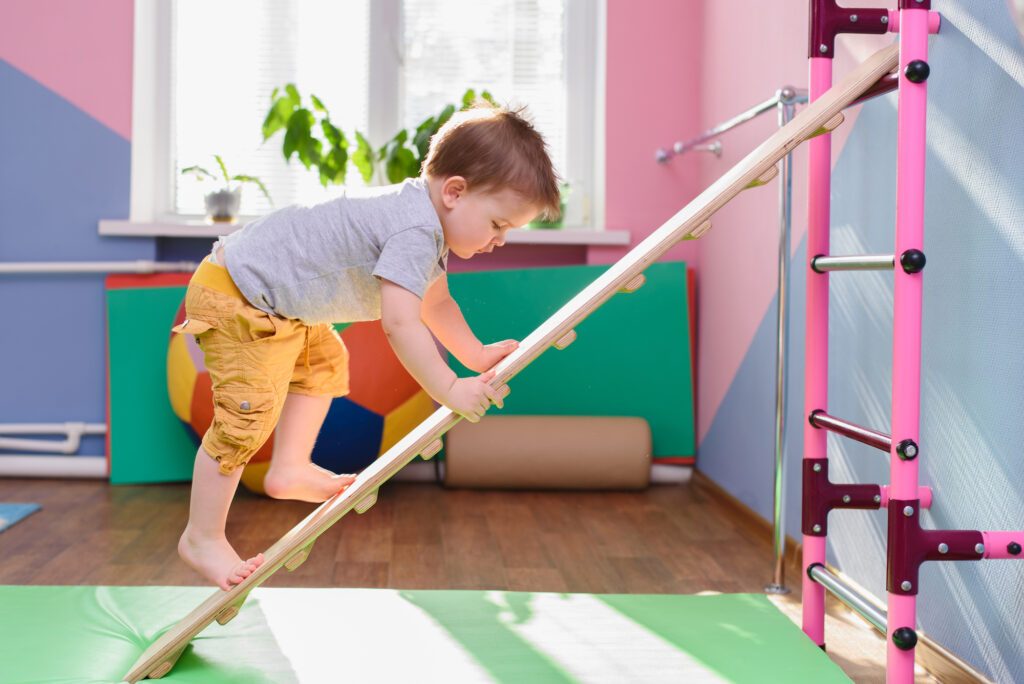Every parent wants to see their child thrive, but when physical challenges get in the way, it can feel overwhelming. At Little Hands at Play Therapy, we’re here to help your child overcome those obstacles and gain the confidence and strength they need to succeed.
Our pediatric physical therapy services are personalized to meet your child’s unique needs. Whether they’re recovering from an injury, facing developmental challenges, or need support with everyday movement, our team can help.
We’re passionate about helping kids move better, feel stronger, and live life to the fullest. Give us a call today, and let’s work together to help guide your child’s little hands toward big achievements.




